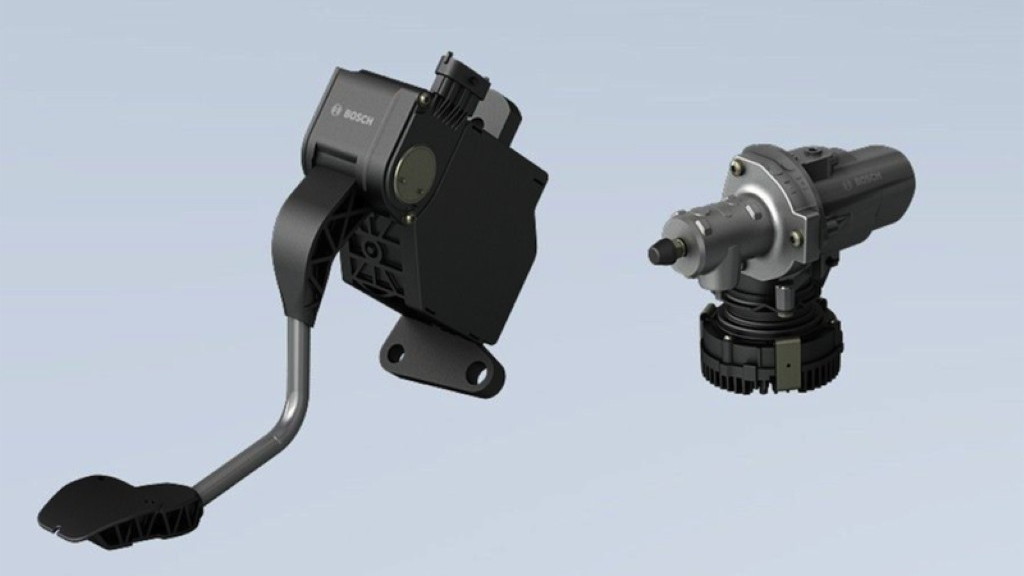Revolutionizing the automotive industry, the White House and federal government have joined forces to push for an unprecedented goal – achieving a remarkable fuel economy of 56.2 miles per gallon (MPG) by the year 2025. This ambitious target aims to significantly reduce greenhouse gas emissions, promote sustainable transportation, and pave the way for a cleaner future.
A Bold Step Towards Environmental Sustainability
In their relentless pursuit of combating climate change and promoting environmental sustainability, both the White House and federal government are taking decisive action in setting this groundbreaking fuel economy standard. By raising expectations on automakers to produce more fuel-efficient vehicles, they aim to curb carbon dioxide emissions that contribute to global warming while simultaneously reducing dependence on fossil fuels.
This bold step not only aligns with international efforts towards mitigating climate change but also demonstrates America’s commitment as a global leader in tackling environmental challenges head-on.
Promoting Technological Innovation in Automobile Industry
The push for a higher MPG standard will undoubtedly spur innovation within the automobile industry. Automakers will be compelled to invest heavily in research and development, exploring cutting-edge technologies such as hybrid engines, electric vehicles (EVs), hydrogen-powered cars, and other alternative energy sources.
This drive towards technological advancement will not only result in reduced carbon emissions but also foster economic growth through job creation within emerging sectors like renewable energy production and infrastructure development.
Achieving Economic Benefits Through Enhanced Energy Efficiency
Beyond its positive impact on our environment, increasing fuel efficiency has significant economic advantages as well. As consumers transition towards more efficient vehicles with lower operating costs due to reduced fuel consumption, they can save substantial amounts of money in the long run.
Moreover, this shift towards energy-efficient transportation will reduce America’s reliance on foreign oil imports, enhancing national security and promoting domestic energy independence. By decreasing our vulnerability to fluctuating global oil prices, we can stabilize fuel costs and bolster economic resilience.
Conclusion
The White House and federal government’s ambitious target of achieving a remarkable 56.2-MPG fuel economy by 2025 is an extraordinary endeavor that sets the stage for a greener future. This bold initiative not only addresses climate change concerns but also promotes technological innovation within the automobile industry while unlocking significant economic benefits for both consumers and the nation as a whole. As we strive towards these goals, let us embrace this opportunity to create a more sustainable world for generations to come.
